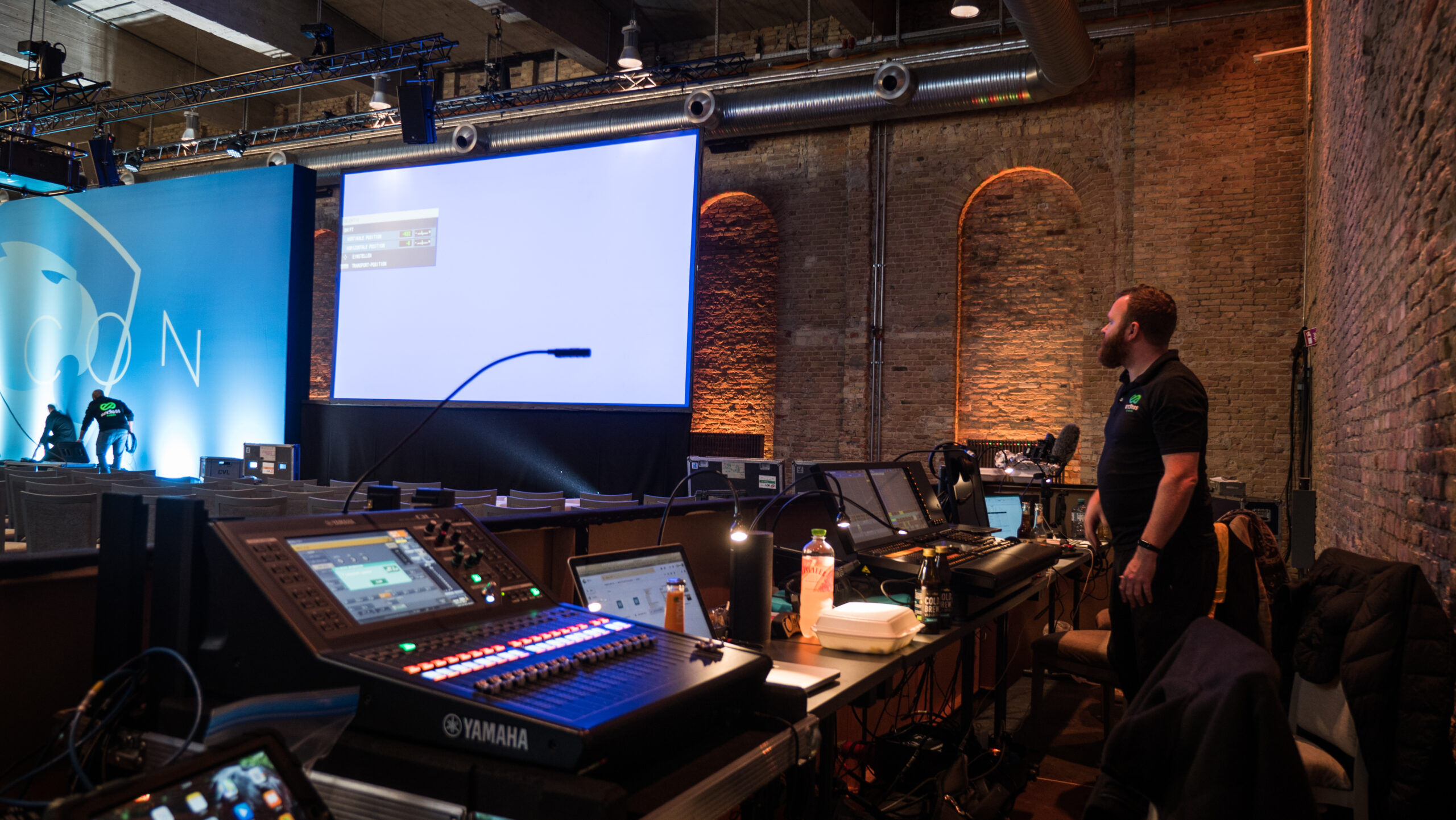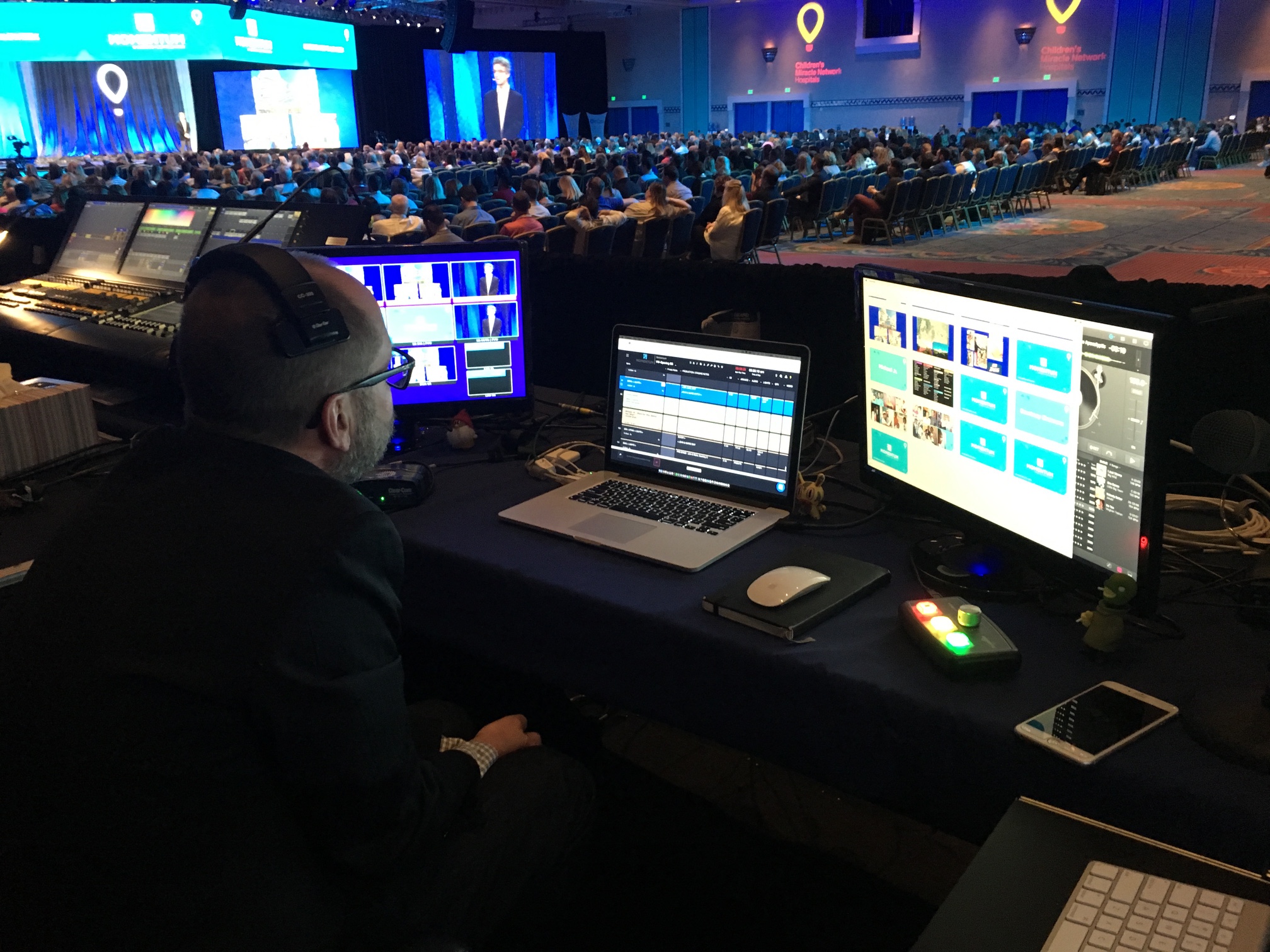The Future of Event Productions: Trends You Required to Know
The Future of Event Productions: Trends You Required to Know
Blog Article
Understanding Exactly How Events Manufacturing Works: A Comprehensive Summary of the Process
The complexities of occasion production demand a systematic method that incorporates multiple phases, each playing a critical duty in the overall success of an event. From the first planning and concept development to the precise control of logistics, every aspect needs to align perfectly to achieve the preferred result. Recognizing the nuances of budgeting, source allocation, and on-site management is crucial for any kind of specialist in this area. As we check out these components even more, it ends up being obvious that the procedure is not merely about implementation yet likewise concerning constant enhancement and critical analysis. What understandings can we obtain from each phase?
Preliminary Planning and Principle Growth
Efficient initial planning and principle advancement serve as the foundation for effective events production. This phase involves defining the event's purpose, target market, and wanted end results. A clear vision is crucial; it overviews all succeeding decisions and helps straighten the group's initiatives towards a common goal.
Throughout this phase, brainstorming sessions can be important. Engaging stakeholders, consisting of customers, enrollers, and prospective participants, cultivates a collaborative environment that generates ingenious concepts. In addition, detailed marketing research should be performed to understand trends, choices, and potential difficulties.
As soon as the concept is developed, it is vital to develop an in-depth occasion summary. This summary ought to consist of the occasion's style, style, and vital activities. Developing a timeline is just as vital, as it aids to take care of due dates and tasks effectively.
Budgeting and Source Appropriation
With a solid concept in location, attention needs to turn to budgeting and resource allotment, which are essential components in executing the event efficiently. A distinct budget offers as a roadmap, detailing all expected prices and offered resources - Event Productions.
Source appropriation includes appointing both human and financial sources to numerous jobs and components of the occasion. Prioritization is crucial; vital components ought to obtain ample funding while much less essential elements might call for a much more conventional approach. Moreover, backup preparation is essential-- assigning a section of the budget plan for unexpected costs can alleviate financial dangers.
On top of that, effective communication amongst staff member regarding budget plan restrictions fosters partnership and innovation. This advertises the accountable use sources and urges creative solutions to stay within budget. Eventually, a strategic approach to budgeting and source appropriation lays the foundation for a successful event, allowing coordinators to concentrate on delivering an unforgettable experience for participants while keeping economic honesty.
Logistics and Sychronisation
Navigating the complexities of logistics and sychronisation is vital for the seamless implementation of any occasion. This stage entails thorough planning and organization to guarantee that all components operate in consistency. Trick components consist of venue option, transportation setups, and the scheduling of different activities.
Reliable logistics begins with a detailed evaluation of the place's capacities and restrictions. This consists of recognizing the format, accessibility points, and offered sources. Once the venue is validated, transportation logistics need to be developed, incorporating the movement of guests, equipment, and materials. Coordinating these aspects requires partnership with vendors, suppliers, and transport services to make sure prompt shipments and pickups.
An additional important facet is the advancement of a detailed timeline that lays out all logistical aspects leading up to the event. This timeline acts as a description roadmap, outlining essential landmarks and target dates for tasks such as tools arrangement, catering services, and audiovisual installations. Routine communication with all stakeholders is vital to address any type of prospective problems proactively.
Execution and On-Site Management
Successful execution and on-site management are important for changing meticulous strategies into truth during an event. This phase involves the seamless sychronisation of different elements, guaranteeing that every information lines up with the established vision. On-site managers play an essential function, working as the central point of interaction amongst suppliers, personnel, and stakeholders. Their capability to make real-time decisions can considerably impact the occasion's success.
A well-defined timetable is crucial, serving as a roadmap for all tasks. Occasion managers have to make certain that configuration occurs in a timely manner, adhering to timelines for audio checks, providing shipments, and guest arrivals. Effective analytic abilities are also essential; unexpected difficulties can occur, needing quick reasoning and flexibility to maintain the event's circulation.
This degree of interaction not only boosts the general experience however likewise reflects the professionalism and reliability of the occasion team. Eventually, effective execution and on-site administration joint on thorough preparation, efficient interaction, and a dedication to supplying an extraordinary occasion for all included.

Post-Event Evaluation and Comments
The conclusion of any type of event exists not just in its implementation yet additionally in the extensive assessment that adheres to. Post-event analysis is crucial for determining the general success of the occasion and identifying locations for renovation. This procedure typically involves gathering responses from different stakeholders, consisting of guests, suppliers, and group members, to acquire a detailed viewpoint on their experiences.
To structure the evaluation, occasion coordinators usually utilize studies and interviews, focusing on essential performance indicators such as attendee fulfillment, logistical effectiveness, and spending plan adherence. Assessing this data permits planners to examine whether the event try this website satisfied its purposes and to understand the toughness and weak points of the execution.
By systematically resolving responses and applying changes, event specialists can enhance their methods, ultimately leading to even more impactful and successful events. In conclusion, post-event assessment is a crucial action in the occasion manufacturing procedure that makes sure continuous growth and quality in future undertakings (Event Productions).
Final Thought

The complexities of occasion manufacturing need a systematic approach that incorporates multiple stages, each playing a critical role in the general success of an occasion.With a solid idea in location, interest has to turn to budgeting and resource appropriation, which are important elements in implementing the occasion successfully.Resource appropriation entails assigning both economic and human resources to different jobs and components of the occasion. Inevitably, a calculated strategy to budgeting and resource allocation lays the groundwork for an effective occasion, enabling planners to focus on providing an unforgettable experience for participants while this website keeping monetary stability.

Report this page